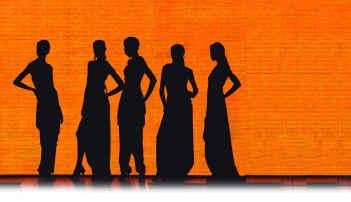
This June the United States held the 'council president' position at the U.N. Council and we brought forth a powerful and devastating theme for debate: the use of sexual violence in war.
The council resolved unanimously that "sexual violence [is] a tactic of war to humiliate, dominate, instill fear in, disperse and/or forcibly relocate civilian members of a community or ethnic group."
Eve Ensler, I pray you were there for this. In discussing such war-torn regions as Yugoslavia, Darfur, Rwanda, Liberia and the Democratic Republic of the Congo, Maj. Gen. Patrick Cammaert theorized that "it has probably become more dangerous to be a woman than a soldier in an armed conflict".
The more surprising, and optimism-crushing, news is the rise in sexual abuse accusations against peace keepers and aide-workers. People who have been placed in the situation as care givers are taking advantage of the victims. It leaves you with a horrible feeling of "who can be trusted?"
This violence against women is devastating on immeasurable levels. According to Condoleezza Rice "we affirm that sexual violence profoundly affects not only the health and safety of women but the economic and social stability of their nations."
And while I am proud and encouraged that we are finally taking steps against this atrocity, I find myself wondering, "What took so long?"


